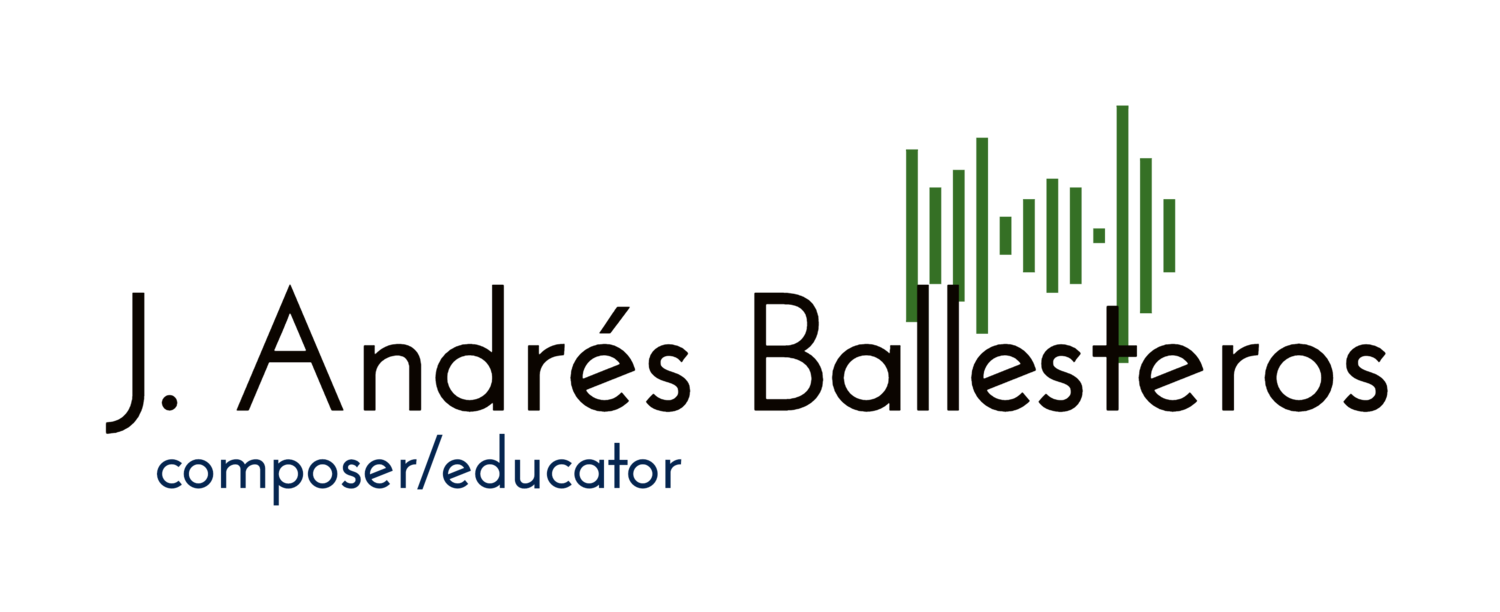In December, the New York Times published a women-only version of music history, highlighting 9 women composers in recognition of the Met's first performance of an opera by a woman in over a century (Kaija Saariaho's "L'Amour de Loin"; I've discussed the Met's poor track record before).
As nice as that article was, it requires a lot more than a one-off to recognize this almost-lost part of history. One of my goals this year for the senior music history class I teach at the Boston Arts Academy has been to bring women composers into the spotlight right alongside their male counterparts. (You too can support our innovative teaching methods at Boston's only public high school for the arts by making a tax-deductible donation here!)
In that spirit, I'll be starting a new series this year highlighting a much more in-depth women-only version of music history via Spotify playlists. (Side note: Sign up for the mailing list on the right sidebar for extended playlists, previews of works in progress, and more!)
Today I'm focusing on vocal music by composers from the 12th century until today. Check it out!
Some thoughts on today's selections for the curious:
- Hildegard of Bingen was a visionary (as in, she said she had visions) 12th-century German abbess who somehow found time to compose in between corresponding with popes and kings; writing books about theology, botany, philosophy, and medicine; founding a couple of abbeys; and inventing her own language, mixed with Latin in this particular song.
- I don't know too much about Maddalena Casulana, but she worked in that weird late-Renaissance chromatic style that I enjoy so much, vaguely in the vein of the madman Carlo Gesualdo. This song is one of my favorites of hers.
- Francesca Caccini wrote the first opera written by a woman in addition to a lot of harmonically beautiful songs, including this one. She was way more specific in her notation than most of her contemporaries, which is helpful for knowing how her music sounded but probably didn't go down so well with her contemporaries. This particular performance is absolutely stunning.
- Barbara Strozzi was an illegitimate child who became such a renowned musician her aristocratic father legitimized her before dying. Granted, because of her sultry past (and out-of-wedlock procreation), she was followed throughout her life by rumors of a less palatable side career (if you catch my drift). (My students did an excellent video introduction of her.)
- Amy Beach was a fellow New Englander (as part of the Second New England School) and one of the first American composers to be successful outside the country. This is a nice song of hers, but her true chops will show up later in her orchestral music.
- Meredith Monk is a really strange human being and solidly one of my favorite composers, living or otherwise. She has an astonishing command of her voice and breathtaking creativity in the use of ensembles. Also do yourself a favor and check out her recent "Water/Sky Rant." She will return here for sure.
- Vienna Teng (a.k.a., Cynthia Yih Shih) is a Taiwanese-American pianist and singer/songwriter who writes unexpectedly layered lyrics for her music. I'm not terribly familiar with her body of work, but her album Aims is great and this song, "Hymn of Acxiom," is particularly astonishing. Google around for the full story on the song; it's mind-blowing (which is why it's in our curriculum at BAA).
